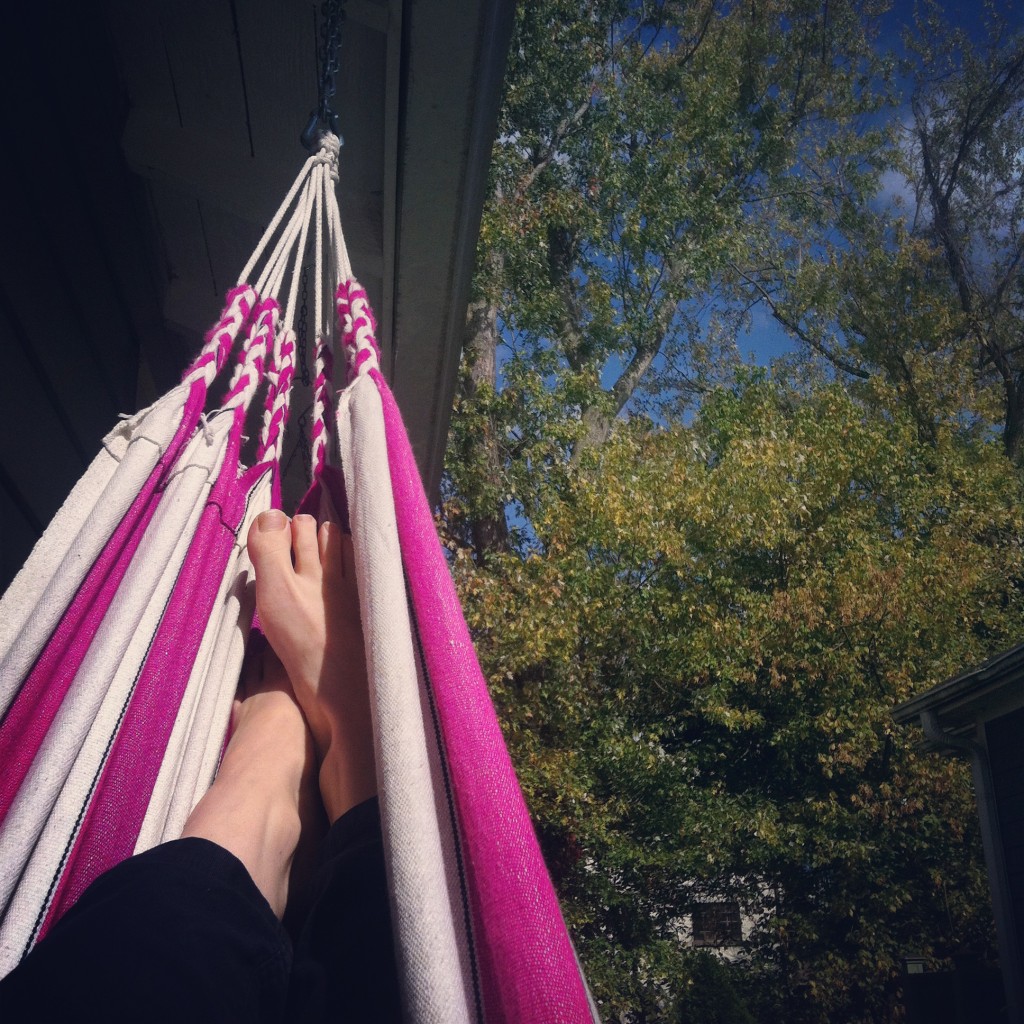
Doing nothing is good for you! Conversely being in a state of constant “doing” causes our levels of cortisol to rise which has been linked to weight gain, heart disease and depression. Showing up to these simple spacious practices on a regular basis may allow for feelings of overwhelm to diminish and peace, calm and serenity emerge. Stress-related symptoms such as nail biting, eye-twitching, insomnia and eczema may also begin to fall away. When we put peace and our own pleasure first, we feel happier and this is able to radiate out and positively impacts others too.
SIMPLE PRACTICES FOR SPACIOUSNESS
1) Take time out even in your time out: With our achievement-focused society and social media exposing evermore parts of our lives we can soon find ourselves feeling like we need to be perfectionist in more and more areas. Even our breakfast might feel like it must be instagrammable and our yoga class completed in the right clothes. SO! As an antidote to all this ‘needing to perform” its vital we have real authentic down time away from being observed where we actually can kick back, not care how we look and experience genuine relaxation. Turn off your phone and let yourself be.
2) Get clear on how you relax: Have a 5-minute brainstorm about how you most like to relax. Most of us have never asked ourselves this question so don’t worry if you are initially stumped. An easy way in to this might be writing down 10 things you used to enjoy but haven’t done for ages, whether it’s listening to new music, taking photographs, playing a sport etc, and then choose one and act on it. Doing things for you might feel odd to start with but keep going, give yourself permission to explore what you like doing and see how it feels.
3) Spend time with you: If we have been in a constant state of “doing” then suddenly stopping and spending time with ourselves is probably going to feel quite odd and overwhelming. A gentle, more compassionate way to spend time with yourself might be to begin with small amounts of time, such as 5-10 minutes walking in a park at lunchtime instead of being glued to your desk. Small, manageable chunks of time will help to lessen strong emotions and make the process enjoyable, not pressurised.
4) Redefine meditation: Meditation is excellent for re-programming our nervous systems from stress to peace, but many people feel like they don’t know “how to meditate” or their minds feel so busy, it just doesn’t feel like a realistic option. Redefining meditation so that it means slowing down and paying attention such as taking 3 deep breaths in the middle of the day; taking 5 minutes to go outside and look at your surroundings or let yourself listen to a guided meditation will likely give you permission to slow down without needing to do it perfectly.
5) Make a tech-free time boundary: looking at simultaneous things on our phones and laptops is very stimulating and activates “yang” energy, which is best used during the daytime, whereas the evening is better suited for calm “yin” rest and sleep energy. Being always in yang has an impact on the quality of rest and means we are often running on empty. Getting clear on a cut-off time for you to have some tech-free hours before bedtime instead will free up time to relax in other ways, allowing you to revisit favourite books, stay present and relaxed and means your working hours will have less impact on your downtime.
A summarised version of this article was featured in Prima, UK March 2015.
Top image by Rhona Clews









